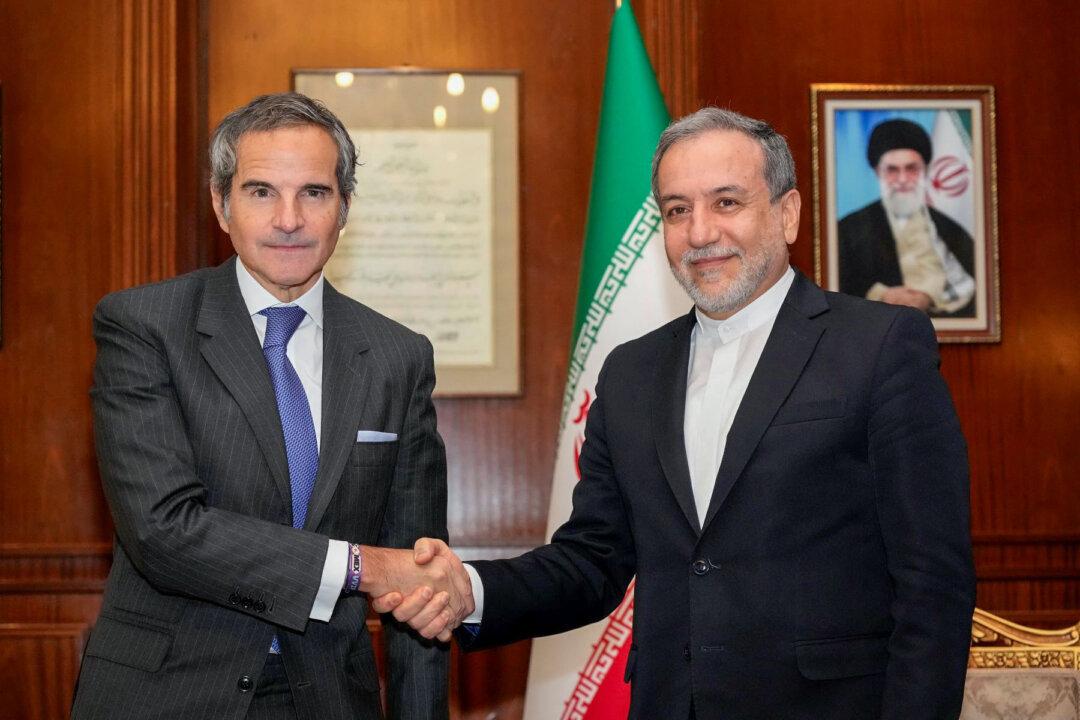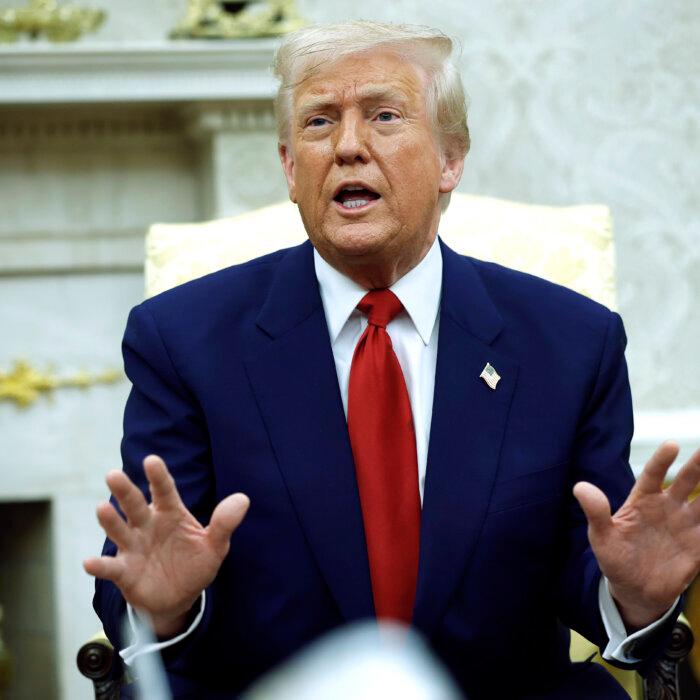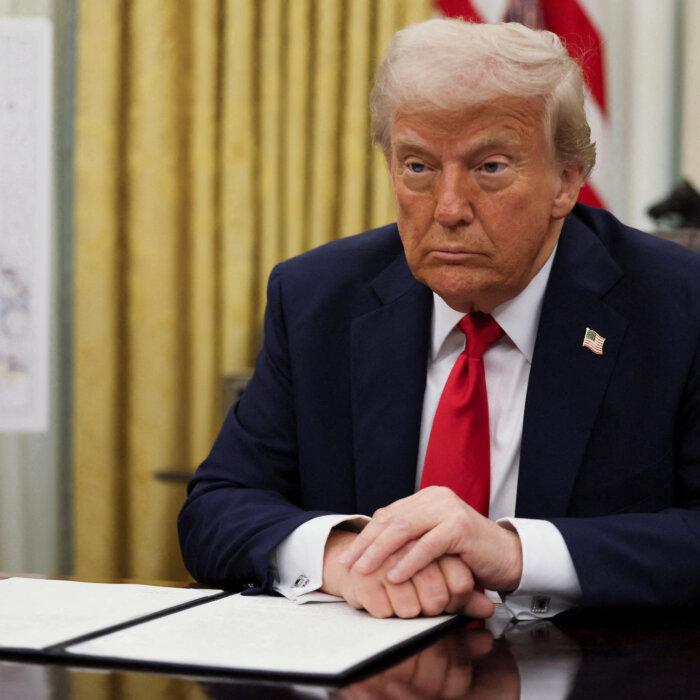Iran’s foreign minister, Abbas Araghchi, has said that talks with the United States about Tehran’s nuclear program, due to take place in Oman on April 12, will be an “opportunity.”
On April 7, President Donald Trump said the talks would be direct and that the Iranians would be in “great danger” if the negotiations failed to persuade them to drop their nuclear weapons program.
Speaking to reporters after meeting Israeli Prime Minister Benjamin Netanyahu at the White House, Trump said Iran would not be getting nuclear weapons.
Trump said, “We’re dealing with them directly and maybe a deal is going to be made.”
‘Very Bad Day for Iran’
Asked about the possibility of military action against Iran if the talks broke down, Trump said: “Iran is going to be in great danger, and I hate to say it. If the talks aren’t successful, I think it’s going to be a very bad day for Iran.”Trump told NBC News in a March 30 telephone interview: “It will be bombing the likes of which they have never seen before. There’s a chance that if they don’t make a deal, that I will do secondary tariffs on them like I did four years ago.”
On March 5, the Kremlin offered to mediate between Iran and the United States to avoid a military confrontation between the two countries.
Moscow and Tehran are political and military allies, and Iran has supplied thousands of Shahed drones for use by Russia in the Ukraine conflict.
Also in March, Trump sent a letter to Iran’s supreme leader, Ayatollah Ali Khamenei, 85, calling for direct negotiations.
Iranian President Masoud Pezeshkian later said Iran had rejected Trump’s entreaty, but he left open the idea of indirect negotiations with Washington.
Libya-Style Deal Floated
Israel—Iran’s main military adversary in the Middle East—is a close ally of the United States, and Netanyahu has said that he supports a deal similar to the one made with Libya in 2003, in which Moammar Gaddafi gave up his nuclear weapons program.Netanyahu said this week: “I think that would be a good thing. But whatever happens, we have to make sure that Iran does not have nuclear weapons.”

Energy Secretary Chris Wright said on April 8 that Iran could expect even tighter sanctions if it did not reach an agreement on abandoning its nuclear weapons program.
In an interview with CNBC, he said, “Absolutely, I would expect very tight sanctions on Iran, and hopefully drive them to abandon their nuclear program.”
On April 9, Wright is embarking on a tour of the Middle East, starting with Saudi Arabia.







